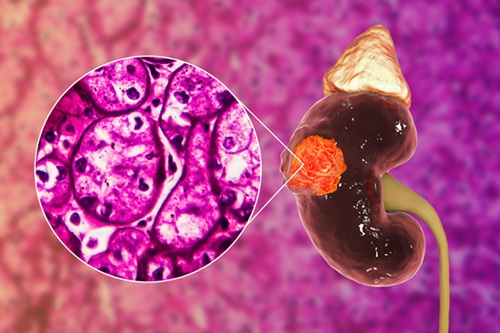Further Investigation of FISH-Negative Tests for Renal Cell Carcinoma Improves Diagnostic Accuracy
Posted on 11 Nov 2025
Accurate diagnosis of renal cell carcinoma (RCC) is critical to determining the right therapy, but standard diagnostic methods can sometimes miss important genetic alterations. Now, researchers have discovered that further testing in RCC cases with TRIM63 gene overexpression can uncover previously undetected mutations, potentially expanding treatment options for patients.
The study, by researchers at the University of Michigan Health Rogel Cancer Center and Department of Pathology (Ann Arbor, MI, USA), focused on a rare subtype known as microphthalmia-associated transcription factor renal cell carcinoma (MiTF RCC), which is typically diagnosed using fluorescent in situ hybridization (FISH) tests. These tests detect TFE3 and TFEB gene rearrangements, key genetic markers for MiTF RCC, but can sometimes produce false-negative results, leaving aggressive cases unidentified.

The research team observed that some FISH-negative cases still showed elevated TRIM63 expression, a biomarker already known to be linked with MiTF RCC. This observation prompted a deeper genomic investigation. Further testing revealed 20 tumor samples that were FISH negative but TRIM63 positive. Importantly, 70% of these cases were later confirmed to harbor MiTF gene rearrangements, confirming that TRIM63 overexpression can help flag false-negative results from standard assays.
These findings, published in Modern Pathology, suggest that testing for TRIM63 expression could significantly enhance diagnostic accuracy, ensuring that patients with aggressive renal cancers are properly identified and can access targeted treatments and clinical trials.
Related Links:
University of Michigan Rogel Cancer Center














